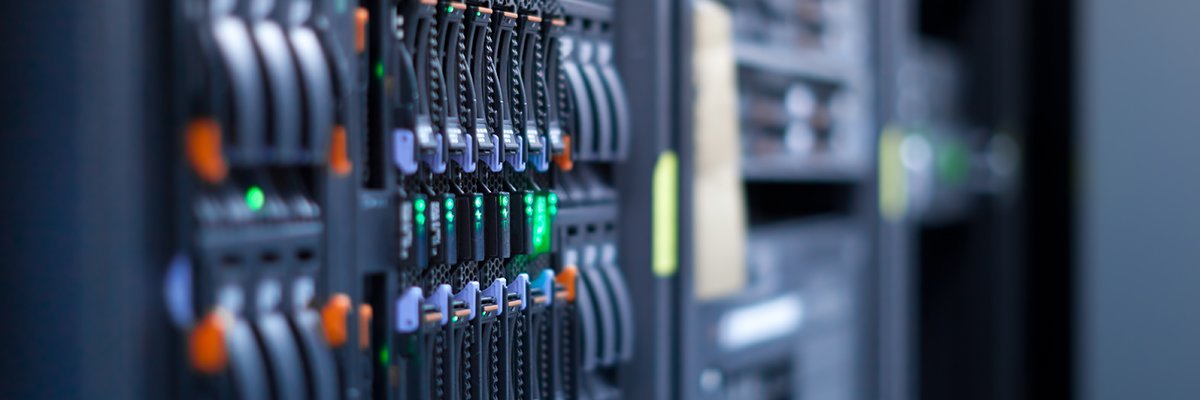HPE has reported net revenue of $6.8bn for the third quarter of 2020, down 6% compared with Q3 2019.
The company reported a 12% decline in revenue in its intelligent edge business to $684m, while its compute business reported flat revenue of $3.4bn. HPE’s high-performance compute and mission-critical systems (HPC and MCS) business reported revenue of $649m, up 3% year-on-year. Storage revenue was $1.1bn, down 10% on Q3 2019.
Antonio Neri, president and CEO of HPE, said: “Our Q3 results are marked by strong execution and sequential growth. We significantly improved operational and supply chain execution and advanced our innovation agenda with the introduction of HPE GreenLake cloud services solutions, our new HPE Ezmeral software portfolio, and our planned acquisition of SD-WAN leader Silver Peak.
“We gained momentum in key areas of differentiation and accelerated our as-a-service pivot with strong ARR [annual recurring revenue] growth and a record number of HPE GreenLake services orders. Navigating through the pandemic and planning for a post-Covid world have increased customers’ needs for as-a-service offerings, secure connectivity, remote work capabilities and analytics to unlock insights from data that are aligned to our strategy. We see a tremendous opportunity to help our customers drive digital transformations as they continue to adapt to operate in a new world.”
During the earnings call, Neri discussed component pricing, the supply of chips and the challenges of installing and testing HPC equipment at customer sites during the lockdown.
In a transcript of the earnings call, posted on the Seeking Alpha financial blogging site, Neri said installation of an HPC system at a customer’s site can take weeks or even months. “We have installations which are very large,” he said. “It takes many, many weeks. And, obviously, the global pandemic is not allowing us to have a lot of people on-site for cabling.”
According to the transcript of the call, HPE’s chief financial officer, Tarek Robbiati, also addressed a question on the price of DRAM (dynamic random access memory) chips, which affects the cost of server hardware. He said that, as in 2018, HPE will need to raise prices to maintain the profit margins it makes on its server products.
During the earnings call, Neri responded to a question about IT spending and his response suggested that businesses are looking to buy more IT to support operations.
Discussing where he has seen customer demand, Neri said: “We see steady demand and, obviously, there are areas that are stronger than others. But the general sense is as follows: first of all, they’re looking to strengthen their operations and, therefore, IT plays a huge role with that, and IT resiliency is more important than ever. So, anything that comes with security and enables them to digitise their processes is on the growth side.”
Neri said HPE customers are also looking to get insight from data. “We see an acceleration of solutions related to AI [artificial intelligence] and machine learning, and that’s why our big data storage saw another great solid performance,” he added.













